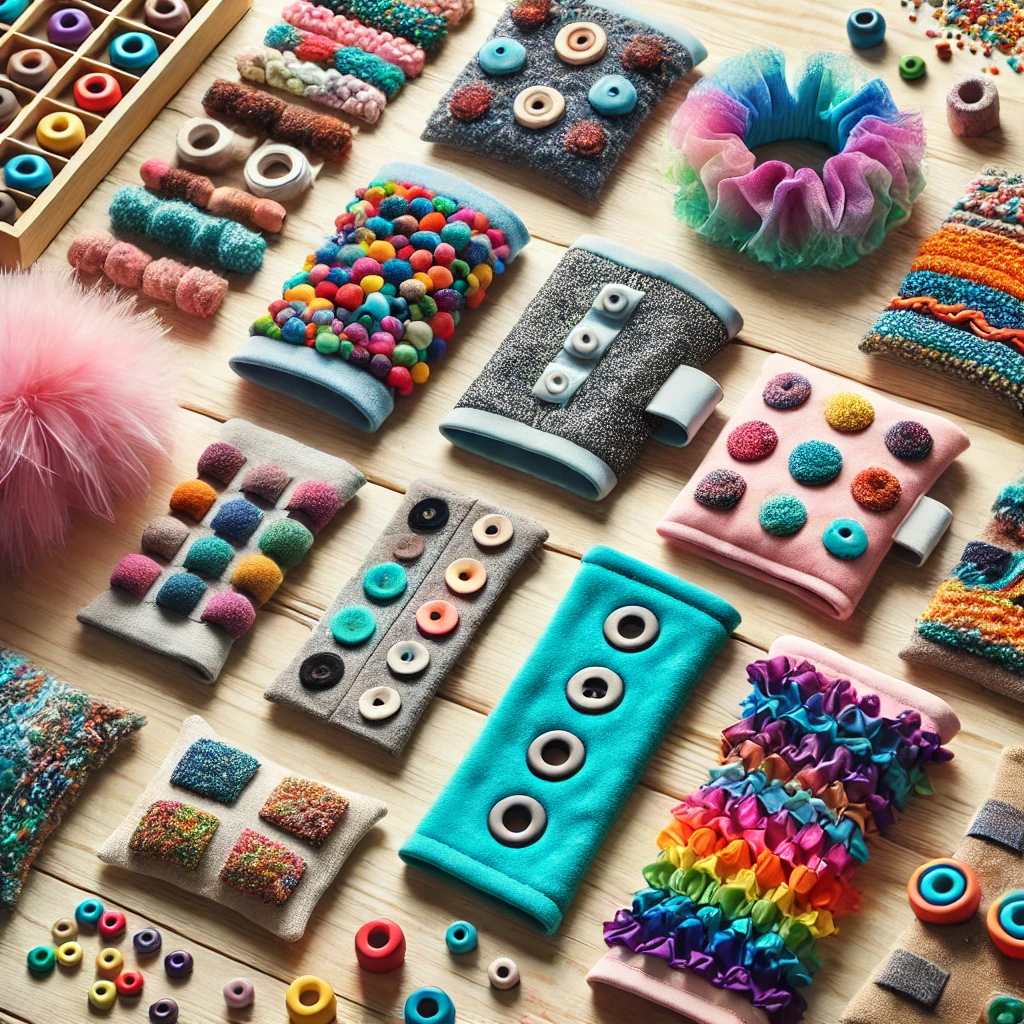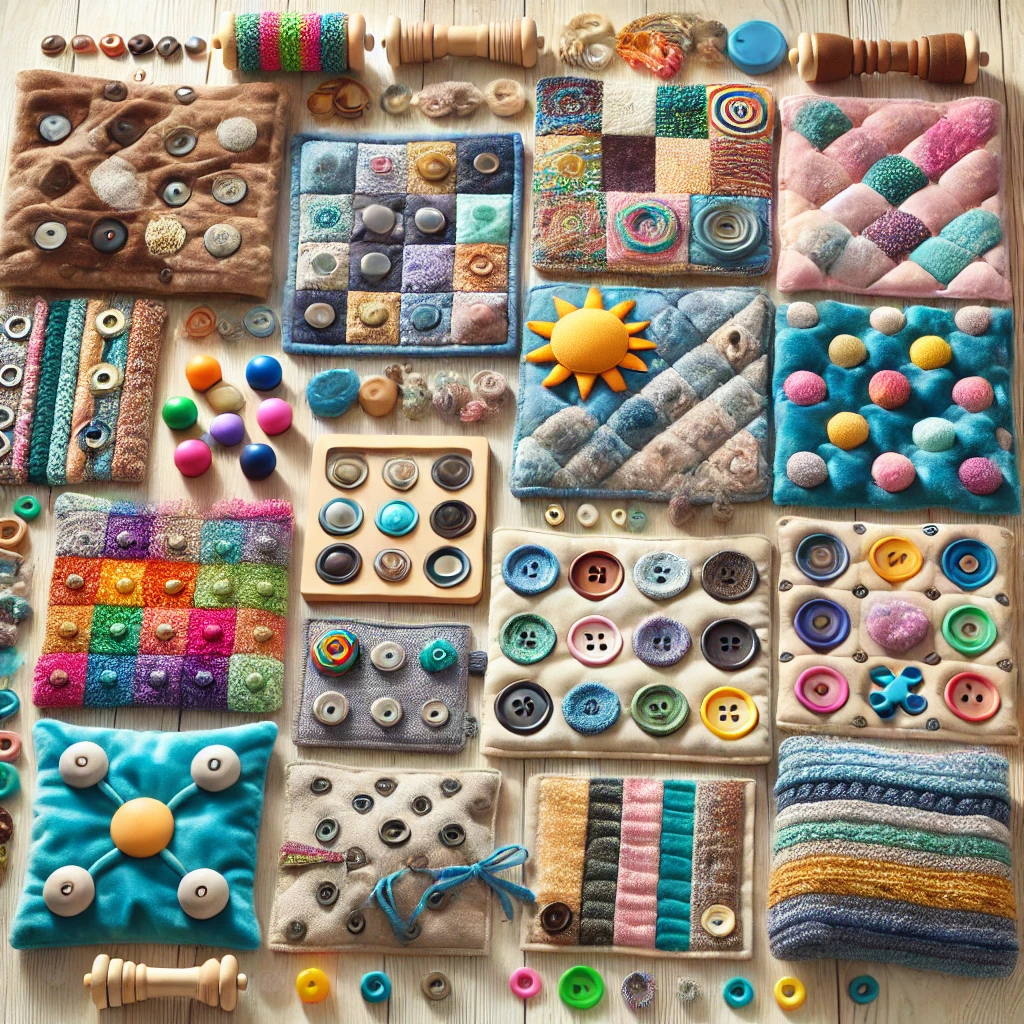For individuals living with dementia, maintaining cognitive function and finding moments of joy can be challenging. Specialized dementia toys and therapeutic activities offer a ray of hope, providing both mental stimulation and emotional comfort. This comprehensive guide explores how these carefully designed tools can enhance the quality of life for those affected by dementia while supporting their caregivers in providing engaging care.
Introduction to the Benefits of Dementia Toys
The journey through dementia presents unique challenges for both individuals and their caregivers. Dementia toys, specifically designed for older adults with cognitive impairments, serve as valuable tools in maintaining mental engagement and emotional well-being. These therapeutic aids do more than just occupy time – they provide purposeful stimulation that can help slow cognitive decline and improve daily life quality.
Understanding the Importance of Sensory Stimulation
Sensory stimulation plays a crucial role in maintaining cognitive function and emotional stability for individuals with dementia. As the condition progresses, the ability to process and respond to sensory information may change, making specialized sensory toys increasingly important. These tools help maintain neural connections and provide comfort through familiar textures, sounds, and visual elements.
How Dementia Toys Can Improve Quality of Life
Dementia toys contribute to improved quality of life in several significant ways:
- Reducing anxiety and agitation through tactile engagement
- Providing a sense of purpose and accomplishment
- Maintaining fine motor skills through interactive activities
- Creating opportunities for social connection
- Offering comfort during moments of confusion or distress
Selecting the Right Dementia Toys
Choosing appropriate dementia toys requires careful consideration of the individual’s cognitive abilities, interests, and stage of dementia. The right selection can make a significant difference in engagement levels and therapeutic benefits.
Sensory Toys for Alzheimer Patients for Therapy and Anxiety Relief
Sensory toys specifically designed for individuals with Alzheimer’s disease focus on providing comfort and reducing anxiety through tactile engagement. These items often incorporate different textures, weights, and interactive elements that can help calm agitated individuals and provide meaningful activity.
Fidget Wrist Cuffs and Sensory Arm Pillows
These wearable comfort items offer constant access to sensory stimulation while preventing the items from being misplaced. Fidget wrist cuffs can be particularly helpful during medical appointments or other potentially stressful situations, providing a familiar source of comfort.

Cognitive and Memory-Enhancing Games
Games designed for cognitive stimulation help maintain mental acuity while providing entertainment. These activities should be challenging enough to engage the individual but not so difficult as to cause frustration.
Magnetic Color and Number Maze for Cognitive Stimulation
These innovative tools combine visual tracking, color recognition, and problem-solving in a format that’s both engaging and manageable for individuals with dementia. The magnetic component ensures pieces stay in place, reducing frustration and encouraging continued engagement.
Top Recommended Dementia Toys
Our comprehensive research has identified several categories of dementia toys that consistently provide significant benefits to users. These recommendations are based on caregiver feedback and therapeutic outcomes.
Fidget Blankets: Providing Comfort and Mental Stimulation
Fidget blankets combine the comfort of a soft throw with interactive elements that keep hands busy and minds engaged. These versatile items can be used while sitting, during activities, or as a calming tool during rest periods.
Varieties and Benefits of Fidget Blankets for the Elderly
Different styles of fidget blankets cater to varying needs and preferences:
- Quilted versions with various textures and attachments
- Weighted options for additional sensory input
- Machine-washable materials for practical maintenance
- Personalized designs incorporating familiar elements

Conclusion: Enhancing Lives with Dementia Toys
The thoughtful selection and use of dementia toys can significantly impact the quality of life for individuals living with cognitive impairment. By providing appropriate sensory stimulation, maintaining cognitive engagement, and offering comfort, these specialized tools support both individuals with dementia and their caregivers in creating meaningful daily experiences.
Remember that each person’s journey with dementia is unique, and what works for one individual may not work for another. The key is to observe responses to different toys and activities, adjust approaches as needed, and maintain a positive, patient attitude throughout the process.





